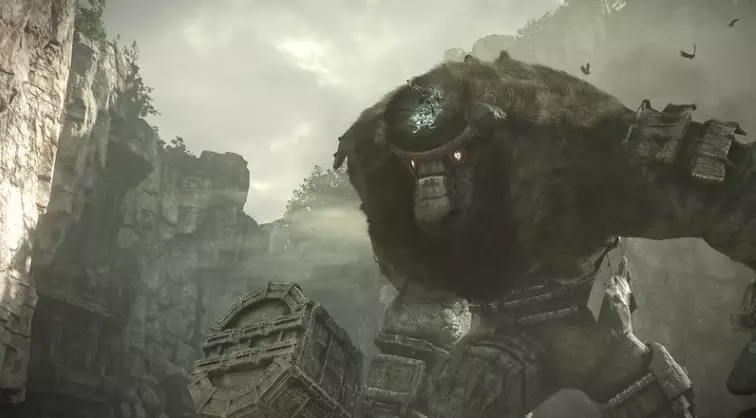The film adaptation of the beloved video game “Shadow of the Colossus” has been mired in development hell for over a decade, leaving fans in limbo regarding its fate. Originally announced in 2009, the project has seen various directors and scripts but has yet to materialize into a viable film. Recently, Andy Muschietti, known for his work on the horror franchise “It,” expressed cautious optimism about the potential for the movie, calling “Shadow of the Colossus” a “masterpiece” and disclosing that he himself is a fan of the game. His reflections come amidst a reluctance in Hollywood to take risks on projects that may not have mainstream appeal.
Muschietti mentioned that although he has been engaged with a script that he finds promising, the journey from page to screen could hinge on financial backing. He articulated the concern that substantial sums—ranging from $100 million to $200 million—are necessary to produce a film that would do justice to the beloved video game. This underscores a common issue in Hollywood: the disconnect between artistic vision and commercial viability. While “Shadow of the Colossus” has garnered a devoted fanbase, its cult status may not translate into box office success, making it harder to secure funding.
Since its release in 2005 for the PlayStation 2, “Shadow of the Colossus” has been praised not just for its gameplay but for its emotional depth and atmospheric storytelling. Players are tasked with defeating gigantic, awe-inspiring creatures known as Colossi, navigating through hauntingly beautiful landscapes. A stunning remastered version for PS4 by Bluepoint Games in 2018 revived interest in the game, yet the challenge remains in conveying its unique essence in a cinematic format. Can a film capture the solitude and emotional resonance that the game delivers so masterfully?
As anticipation for a “Shadow of the Colossus” movie continues, it finds itself in a crowded landscape of upcoming video game adaptations. Notable titles such as “Minecraft,” “Until Dawn,” “Mortal Kombat 2,” and “Five Nights at Freddy’s 2” are scheduled for release in 2025. These projects highlight both the industry’s growing ambition to adapt gaming stories for cinematic audiences and the inherent risk: many of these adaptations have faced criticism and may not resonate with fans of the original material. The success or failure of these adaptations could shape the future of film projects like “Shadow of the Colossus.”
As we await the resolution of this saga, the fate of “Shadow of the Colossus” as a film remains uncertain. Fans can only hope that Muschietti’s vision can come to fruition while simultaneously grappling with the nuances of capturing the game’s spirit. With developments in technology and shifts in storytelling approaches in cinema, perhaps the time will come when this monumental tale finds its way to the silver screen—bringing with it the same wonder and emotional depth that has captivated gamers for years. For now, it remains a tantalizing possibility, hanging in the balance between hope and reality.

